InfoMigrants spoke with Syrian women aboard the Geo Barents search and rescue ship in the Central Mediterranean. Fleeing their homeland in search of a better future for their children, the women shared stories of the deprivation, extortion, and abuse they suffered throughout their journeys.
"I was very lucky I was not raped in Libya, unlike many other women and children," Aya* (name changed) told InfoMigrants aboard the Geo Barents ship after being rescued from the Central Mediterranean Sea. Thirteen women from Syria and 34 children, including two toddlers under the age of three, were also on board. Most of the women and children had spent weeks or even months in Libya before finally boarding the wooden boat to attempt the journey to Italy.
"We were so scared, in the prison in Libya the others said the guards force children to have sex with each other, film them, and force the families to watch," said Neema,* another young Syrian mother.
Many women rescued at sea by Doctors Without Borders (MSF) are pregnant, with many of the pregnancies being a result of rape in Libya, on the road, or in the countries of origin, according to the international medical humanitarian organization.
"Many women we rescue, especially those travelling alone, recount horrific stories of rape and sexual abuse in Libya," while others are too traumatized and terrified to disclose what they have been through, MSF has stated. "The threat of rape is so well known in fact that some women opt to have long-term contraceptive implants put in their arm before they travel to ensure they do not become pregnant."
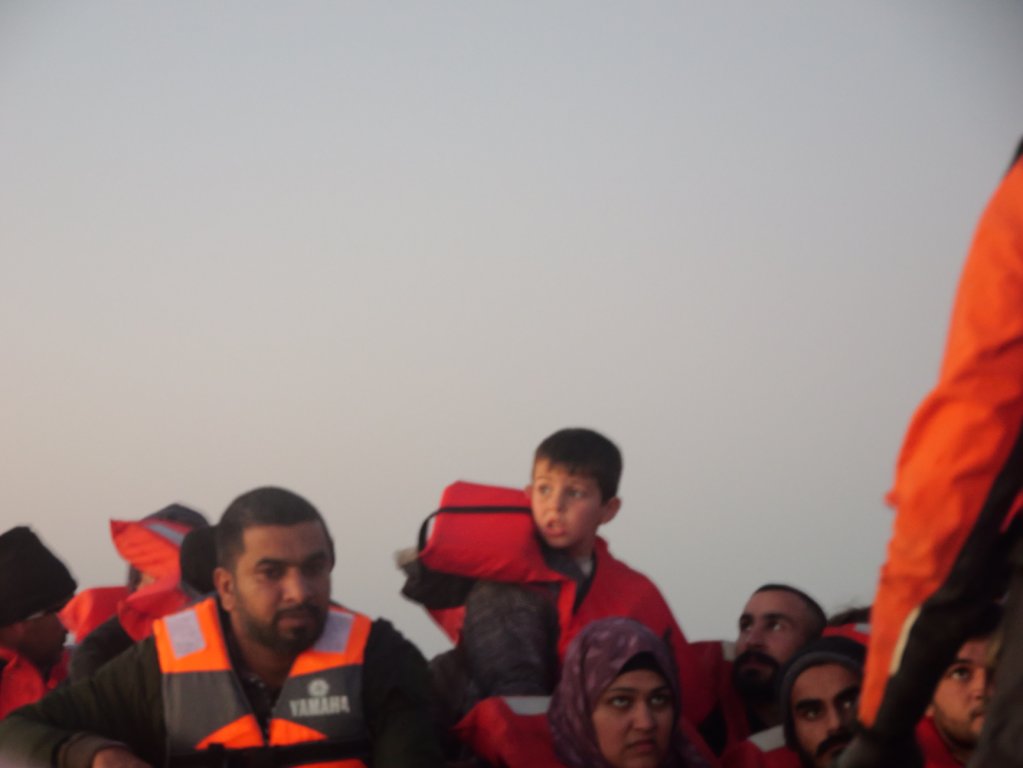
Allison West, a senior human rights legal adviser at the Berlin-based European Center for Constitutional and Human Rights, warns that women and child migrants passing through Libya face specific risks and vulnerabilities.
"Women and children are often targeted for sexual and gender-based violence, including rape and forced prostitution, as well as enslavement," she told InfoMigrants. "Child migrants are particularly vulnerable to exploitation and abuse, including recruitment by armed groups and involvement in criminal activities."
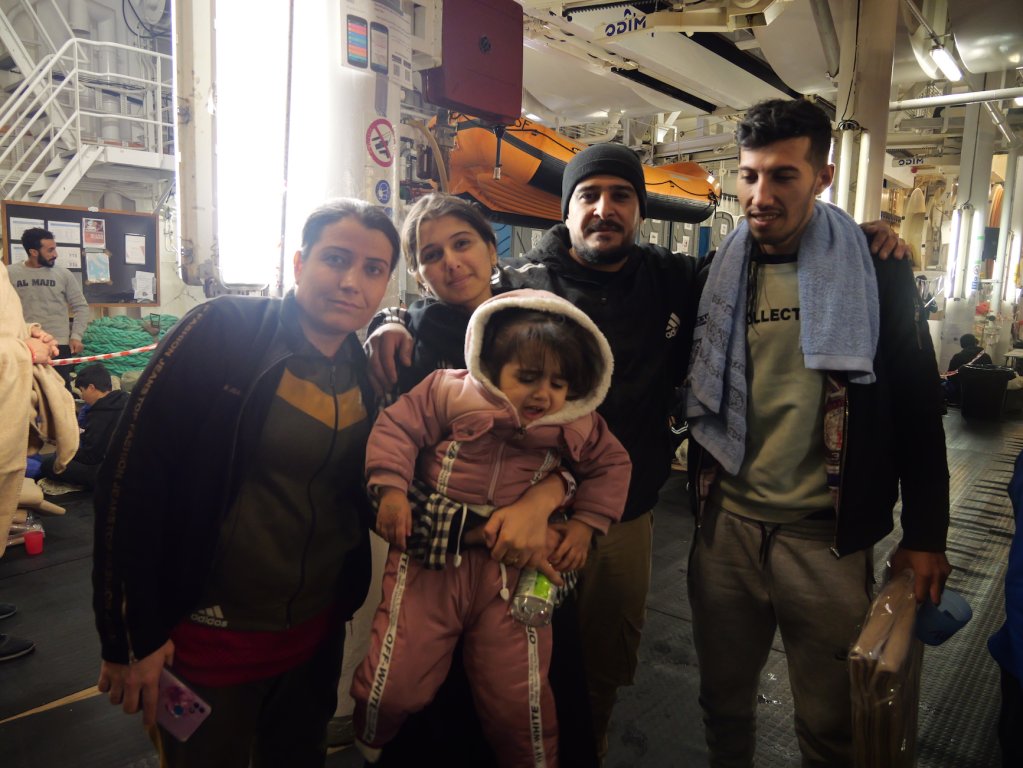
Migrants face 'killings, torture, arbitrary detention, gang rape, slavery, and extortion'
Various international bodies have repeatedly warned about the human rights abuses faced by migrants and refugees in Libya over the past decade.
In 2023, a panel of United Nations experts expressed concerns about migrants becoming victims of trafficking and about others being transferred to detention centers where no humanitarian agencies, lawyers or civil society organizations have been granted access.
Migrant journeys through Libya to reach its northern coast are "marred by considerable risk of serious human rights violations and abuses every step of the way," the UN Support Mission in Libya (UNSMIL) and the UN Human Rights Office wrote in a joint report. "The overwhelming majority of women and older teenage girls interviewed by UNSMIL reported being gang raped by smugglers or traffickers."
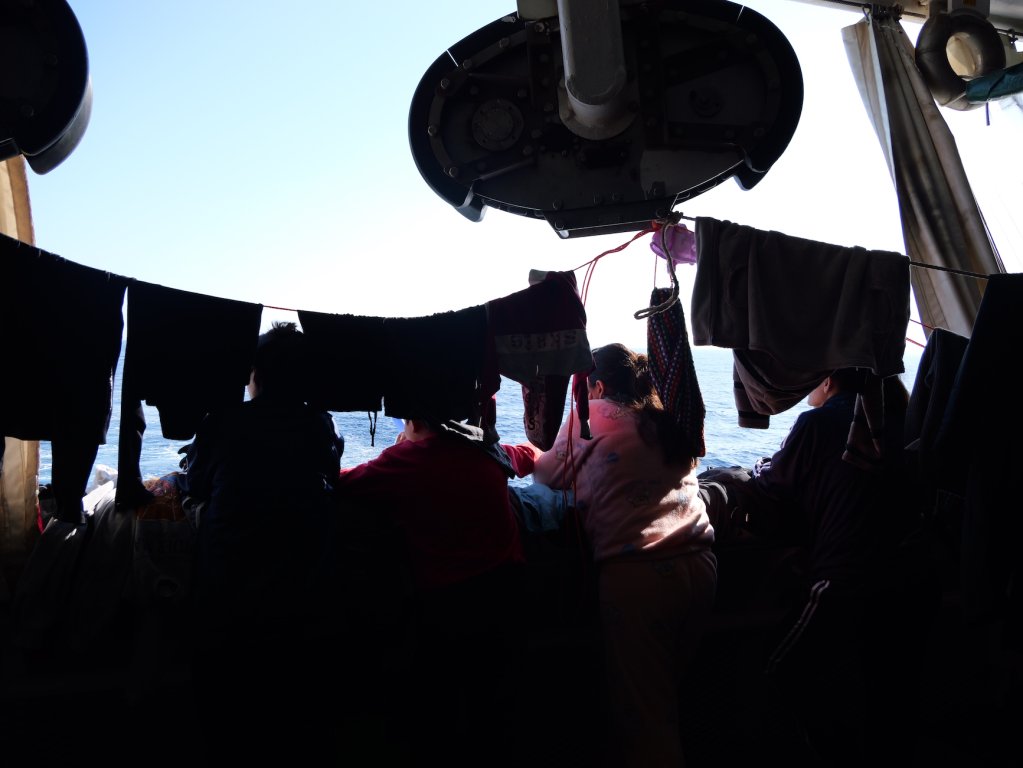
The report details numerous violations and abuses committed by "a range of State officials, armed groups, smugglers and traffickers" against migrants. These include unlawful killings, torture, arbitrary detention, gang rape, slavery, forced labor and extortion. Following 11 visits to Libyan detention centers, UN staff documented "torture, ill-treatment, forced labour, and rape by the guards." The report also noted that many female migrants said they had to enter into the sex work industry to repay debts to smugglers.
InfoMigrants met 40-year-old Jumana* (name changed) from Syria aboard the Geo Barents rescue ship in the Central Mediterranean. Unlike most of the women on board, she said she, her children, and her husband did not encounter any issues while in Libya.
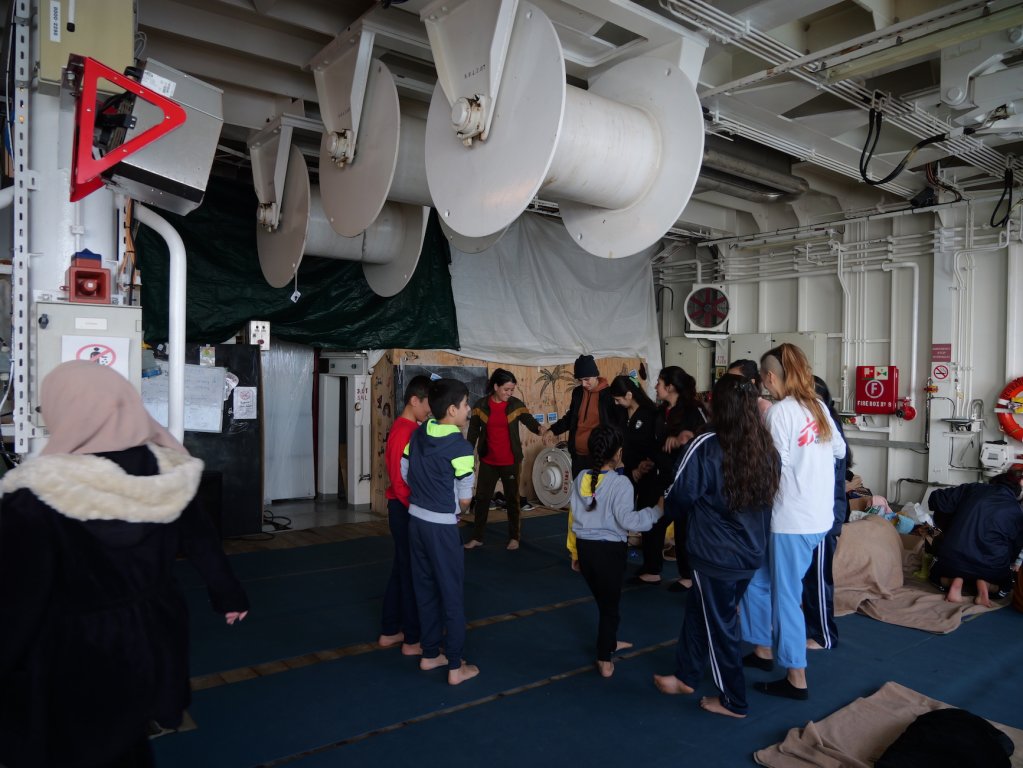
"The Libyan people are very kind, they are very good to women and children. If they see you are a woman, they treat you well," she said.
Smuggling and criminal gangs target vulnerable migrant children
The Libya representative of a major international organization, who requested anonymity, slammed Libya's official government-run Directorate for Combatting Illegal Migration (DCIM) as a "detention center de facto."
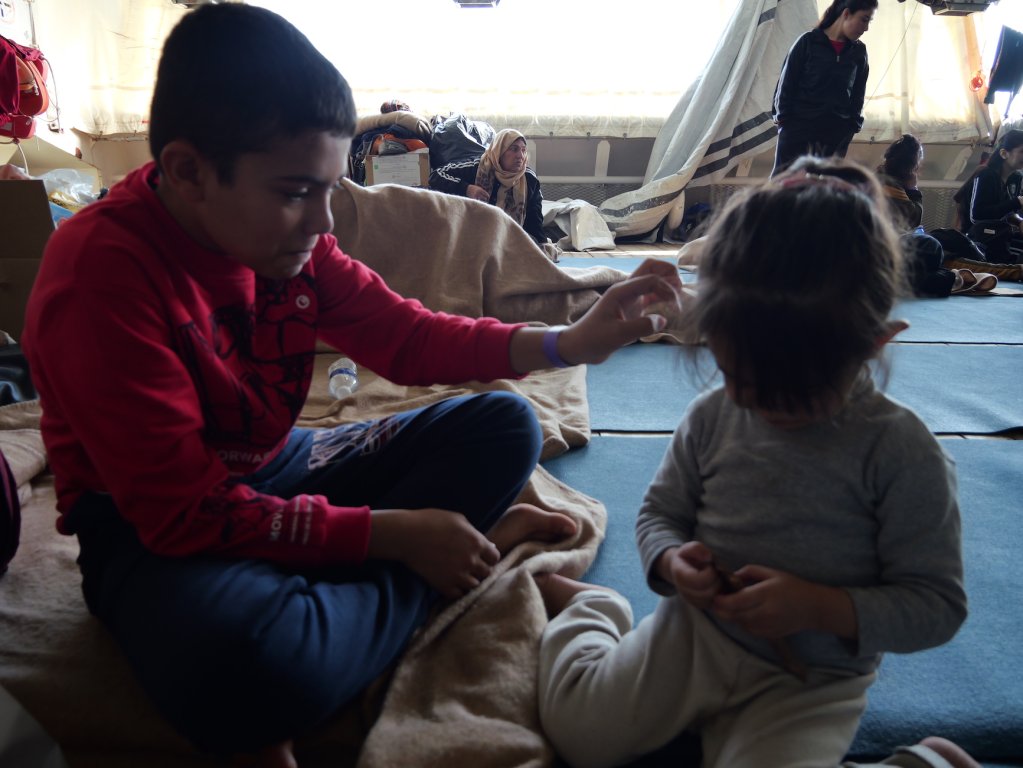
The representative said he and his colleagues have been advocating for children and women to be separated from men while in detention, but serious concerns still remain because in some of the DCIMs, children over 12 or 14 years old are considered adults. He said the duration of detention of children, as well as reports of violation of child migrants and protection issues, are also still of major concern.
"Access to services overall for migrants in Libya is still problematic," the representative told InfoMigrants. "If you are undocumented, you're scared. So this is a deterrent to go vaccinate your child or to send them to school… We don't want thousands of migrant kids out of school because they get pulled into smuggling and crime."
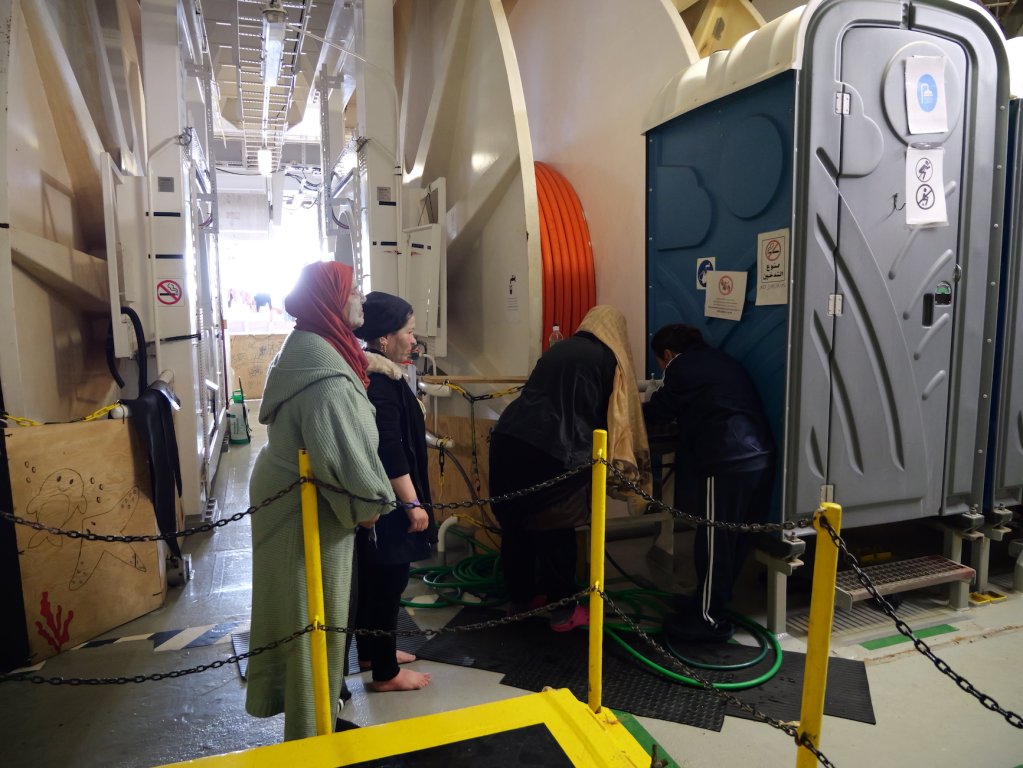
Central Mediterranean Sea crossings facts and figures
In 2023, adult females represented only 10 percent of total sea arrivals to Italy (15,967 women out of 157,651 total arrivals), according to a UNHCR December report. In comparison to 2022, when there were 105,131 arrivals, this marks a 50 percent increase overall, with the absolute number of adult female arrivals also doubling.
Women constituted only four percent of arrivals from Libya in 2023 but made up 13 percent of arrivals from Tunisia and 16 percent from Turkey.
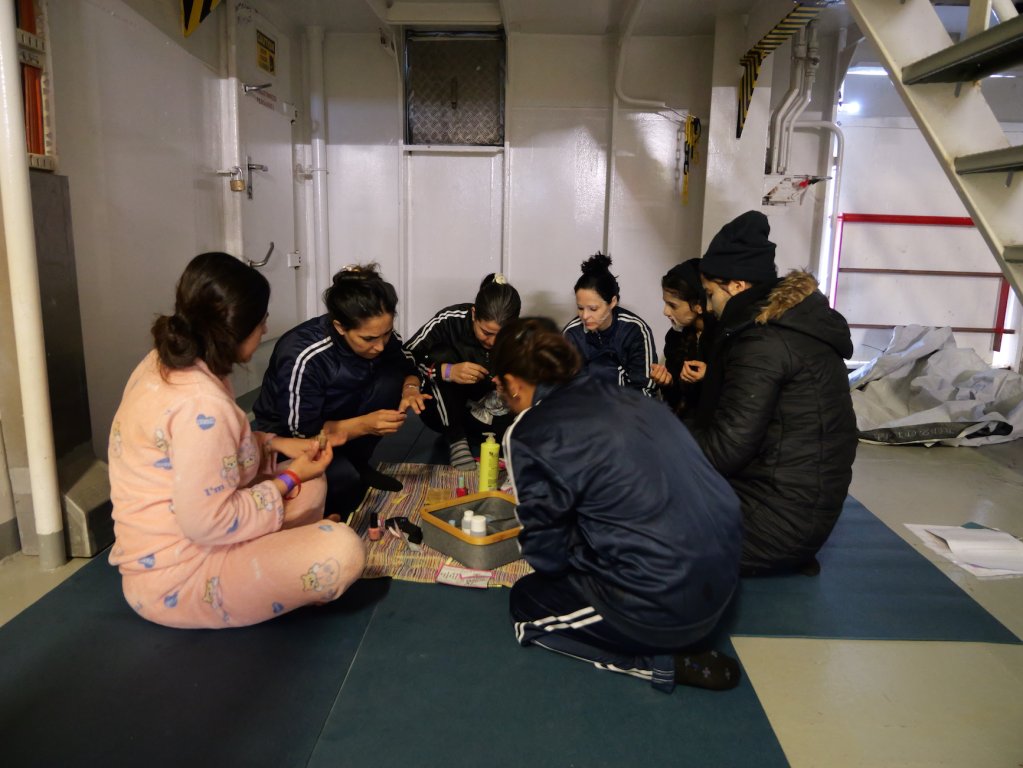
In the first half of 2024, most people arriving by sea were adult males (75 percent), followed by unaccompanied children (14 percent), adult females (6 percent) and accompanied children (5 percent), UNHCR reported.
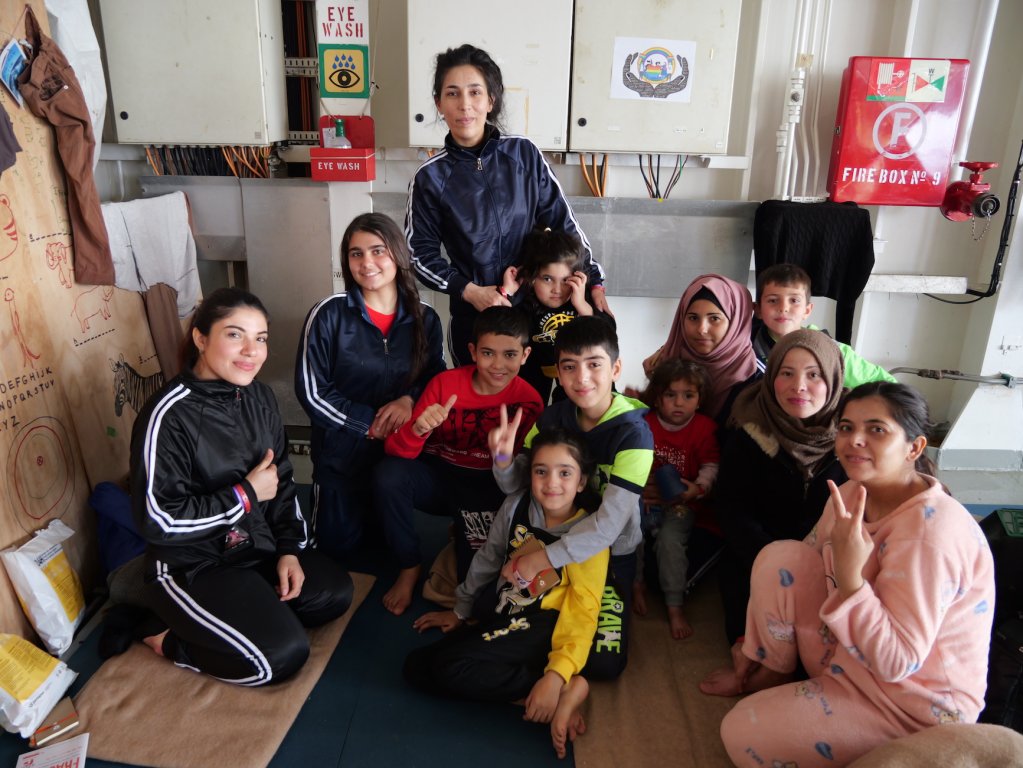
Among the main countries of origin of women arriving by sea in Italy in the year 2023 from launchpad countries such as Tunisia and Libya were Ivory Coast (32 percent), Guinea (20 percent), Tunisia (9 percent), Cameroon (7 percent), Syria (6 percent), and Afghanistan (4 percent). But by December 2023, the demographics of sea arrival had already started to show a shift. Out of 433 women migrant arrivals reaching Italian shores, 70 of them originated from Tunisia, 55 from Afghanistan, and 54 from Syria. In June 2024, 292 adult females reached Italian shores, mainly originating from Syria (44), Afghanistan (33), Tunisia (29), Guinea and Nigeria (27 each).
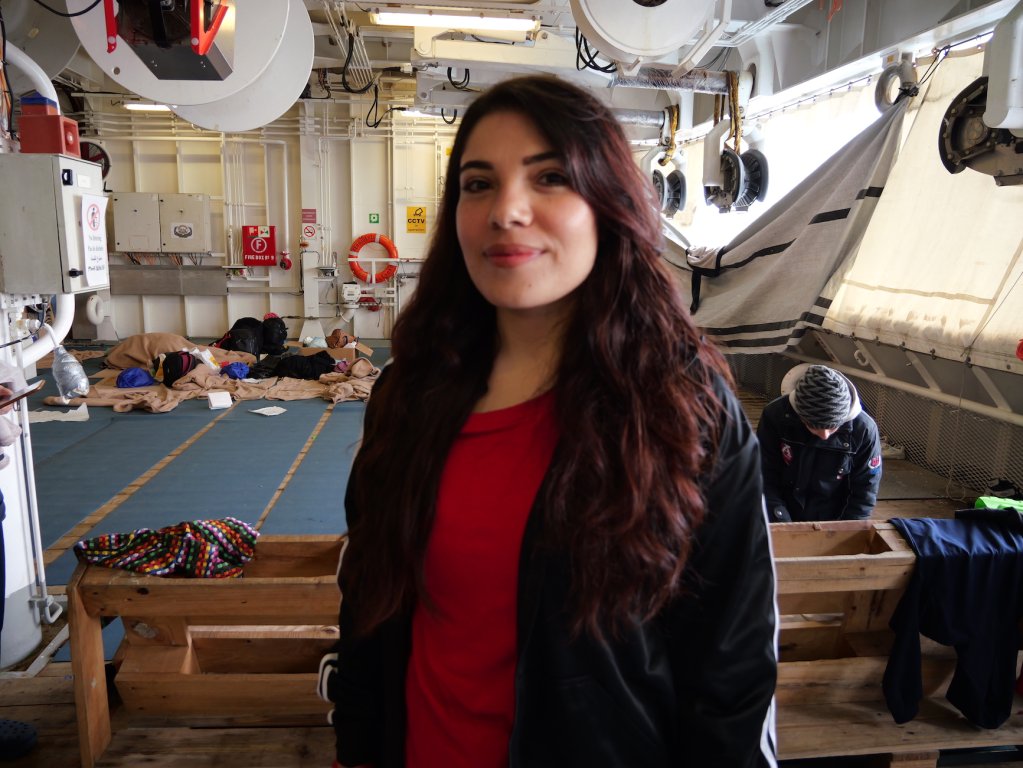
Syrians, along with Afghans, are more likely to migrate as families, according to the UN refugee agency.
"Risks associated with transit countries also played a significant role, particularly in Libya, where harsh conditions deterred female refugees and migrants as well as families from choosing that route," UNHCR noted.
In 2023, unaccompanied children accounted for 12 percent of all sea arrivals to Italy (equivalent to 18,820). In absolute terms, the number of unaccompanied children arriving on Italian shores in 2023 grew by 34 percent compared with the previous year.
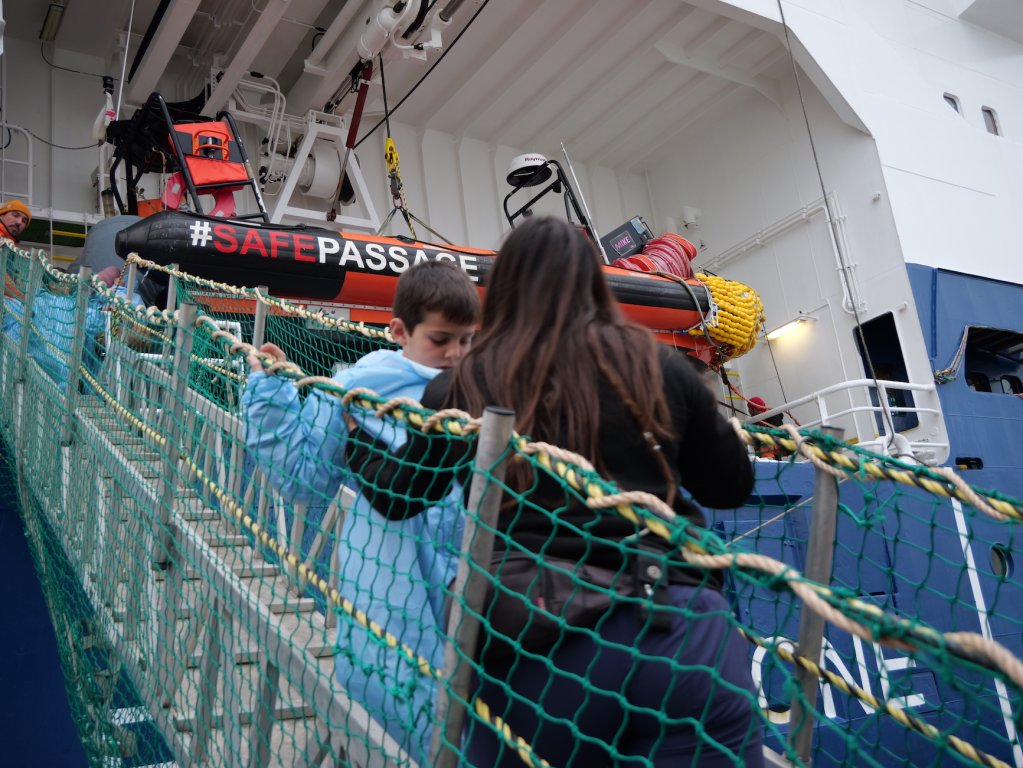
Eleven children die every week attempting to cross the Central Mediterranean, the majority are alone or separated from their parents, according to the latest figures from UNICEF. Since 2018, the UN children's agency estimates that around 1,500 children have died or gone missing while attempting the dangerous crossing.
EU Commission seeks to develop alternative detention options for migrant children
When asked to comment on the human rights situation of irregular migrants in Libya and exploitation by various Libyan actors, including the EU-backed Libyan coast guard, an EU spokesperson told InfoMigrants that the European Commission has renewed engagement with the Libyan authorities on migration "in full respect of fundamental rights and international obligations."
The EU pledges its support to "fight human smuggling, increase voluntary humanitarian returns, reinforce integrated border management, access to protection and asylum capacity, as well as to rights-based capacity to conduct search and rescue operations in order to save lives at sea and in the desert, in respect of fundamental rights."
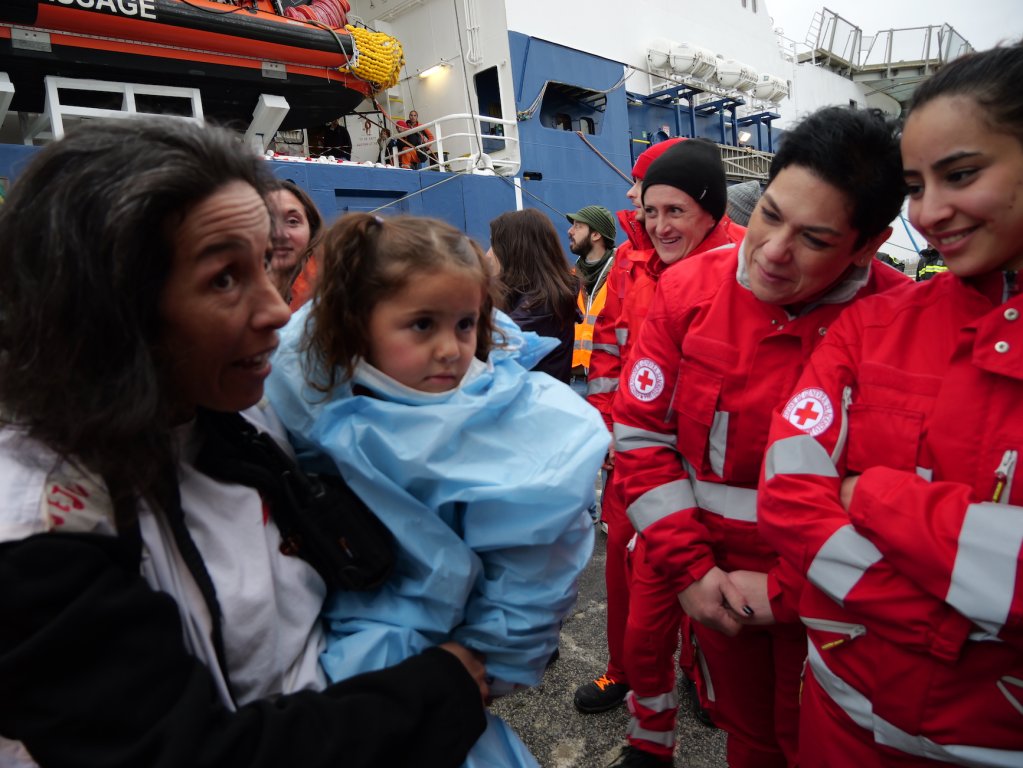
The spokesperson added that the EU "constantly pushes the Libyan authorities to prosecute possible abuses in governmental detention centres, and especially to shut down illegal detention centres across the country." He added that Brussels is working on improving access for UN agencies to governmental disembarkation points and detention centers in Libya, as well as developing alternatives to detention, "especially for children."
The Commission is "making every effort to help Libyan authorities set up a comprehensive and rights-based migration governance and management system…We consider of crucial importance to maintain a dialogue between the EU and Libyan authorities," he said.
The EU border control agency Frontex told InfoMigrants it could not provide a comment when questioned about the conditions in Libyan detention for migrants, the exploitation of migrants, and people smuggling processes on the Mediterranean route.
*This series is based on an investigation conducted between February and May 2024 across Germany, Italy, and the Central Mediterranean. The investigation included a period on board the Médecins Sans Frontières (MSF) search and rescue ship, the Geo Barents, from January 30 to February 10. InfoMigrants was unable to independently verify the personal testimonies provided by migrant individuals.
